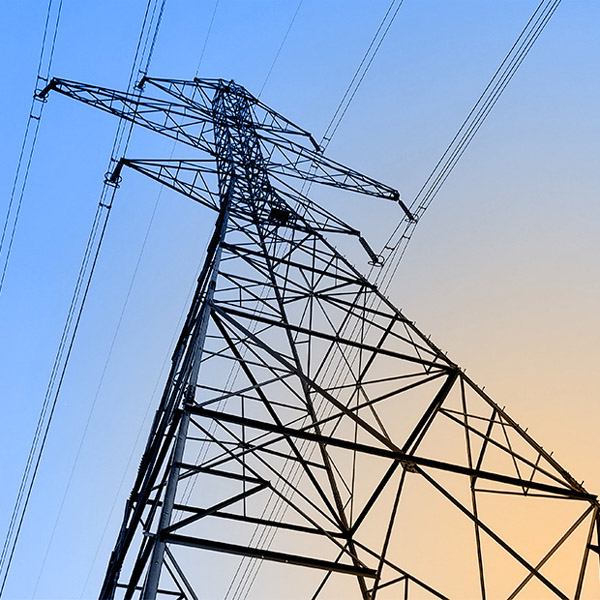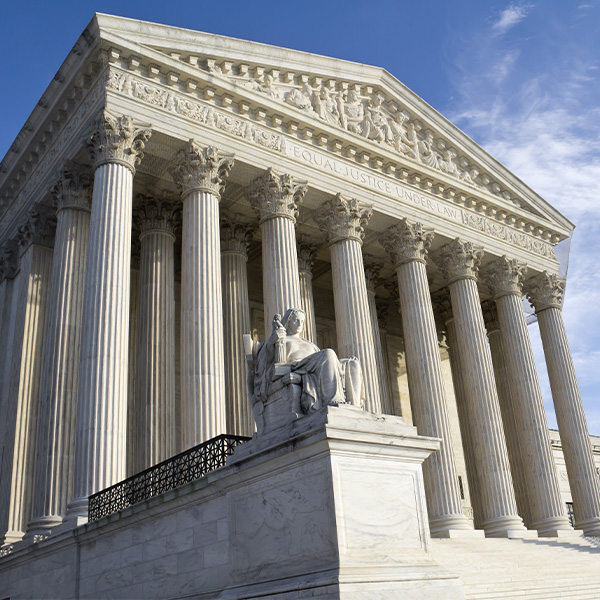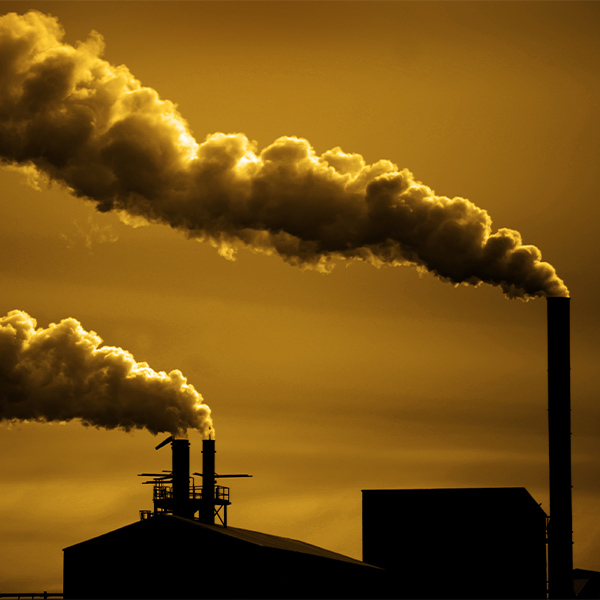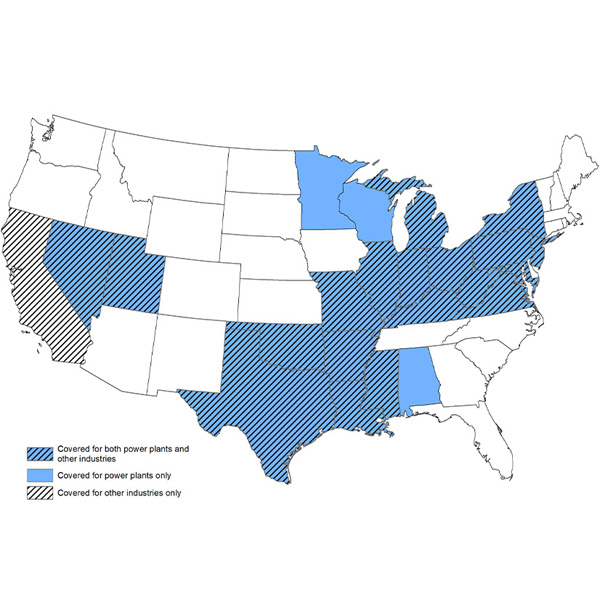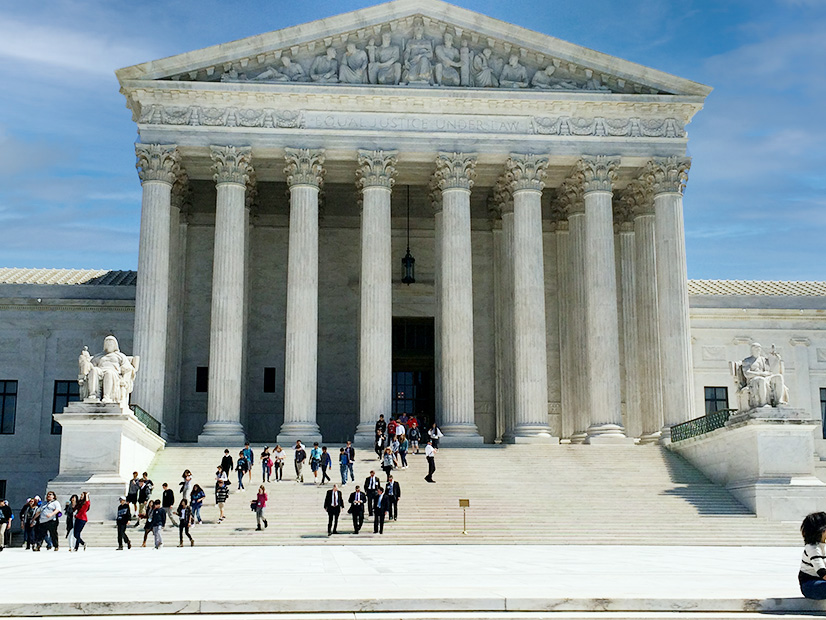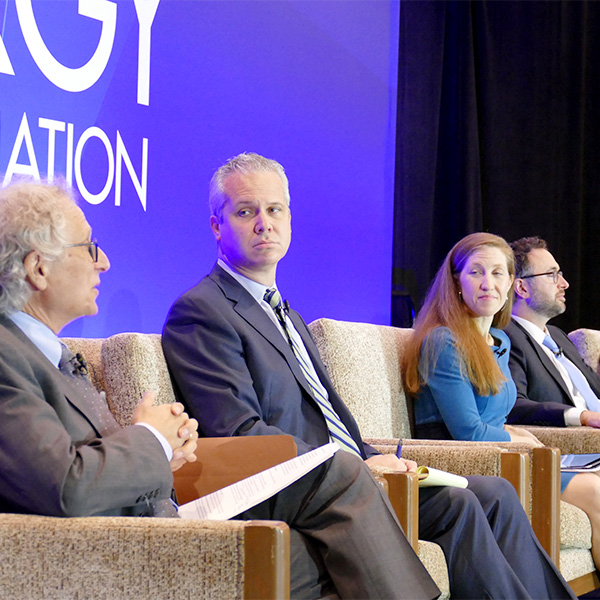Supreme Court of the United States (SCOTUS)
The Supreme Court’s decision in Loper Bright Enterprises v. Raimondo is already making waves in the rehearing process on FERC Order 1920.
The U.S. Supreme Court overturned the doctrine of Chevron deference to federal agencies in interpreting statutes when issuing rules, ending 40 years of legal precedent.
In a 5-4 decision, the U.S. Supreme Court issued an emergency pause on the implementation of the EPA’s “Good Neighbor Plan,” which is aimed at reducing ozone pollution, a key component of smog.
With the Supreme Court likely to overturn Chevron deference, the general counsels of FERC and the Department of Energy told the Energy Bar Association they doubt it would lead to massive issues with their agencies.
The U.S. Supreme Court’s conservative majority appeared inclined to pause the Biden administration’s Good Neighbor Plan, an EPA rule to limit ozone-forming nitrogen oxide emissions from power plants and industrial facilities in certain states.
The Supreme Court heard more than three hours of oral arguments in a case that conservatives hope will reduce the authority of federal regulatory agencies.
The U.S. Supreme Court has declined to take up an appeal of a lower court’s ruling that a Texas law giving incumbent transmission companies the first right of refusal to build new transmission lines was unconstitutional.
Texas is taking its defense of the state's ROFR law to the U.S. Supreme Court, asking the justices to review a 2022 ruling by the 5th Circuit.
The Supreme Court’s ruling on EPA's regulation of GHG emissions will chill agency rulemakings but won't cripple regulation, attorneys told an EBA forum.
A NARUC session on carbon emissions from power plants weighed the potential effects of the Supreme Court's decision in West Virginia v. EPA.
Want more? Advanced Search
